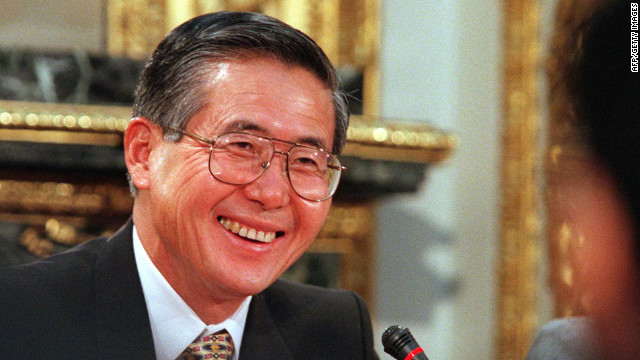By Brendan Oliver Bergh
Impunity Watch Reporter, South America
BRASILIA, Brazil – A report issued by the International American Press Association (IAPA) has declared that Argentina, Ecuador and Venezuela were the most dangerous countries for journalists and the free press.

Early on October 9 Argentina’s top TV Journalist was imprisoned in a Venezuelan airport backroom. Jorge Lantata a critic of the Venezuelan and Argentinean political regimes was detained along with his crew. During their detention they had their camera, computer and cellphone data erased before being allowed to leave the nation. Just hours after covering the Venezuelan election they were interrogated and accused of espionage by Venezuela’s secret service.
The disappearing and intimidation of journalists and dissidents in Latin America is no new event. Many countries from South America have a history of trouncing on the men and women who tolerate and preserve freedom of the press. Colombia for example has seen 54 murdered journalists in the past decade. Yet while civil liberties are being broadened in the hemisphere, freedom of the press still faces many obstacles. After meeting in San Paolo Brazil the 68th General Assembly of IAPA released a survey that 67% of journalists in the region thought that freedom of the press was at risk in the hemisphere, while 82% of journalists in Venezuela believe that the press is most at risk under newly elected President Chavez.
The IAPA continued that 13 journalists have been murdered in the past six months in Mexico, Honduras, Brazil and Ecuador “[F]or the simple fact that they were doing their work.” They continued that the press is being intimidated at times for informing the people “On issues relevant to the national and international public.”
The threats facing the freedom of the press is not simply violence and threats, but the government institution that creates statutes and regulations help to stifle a free press. There are major factors threatening freedom of speech including impunity in cases involving free press violations, censorship and the relationship between journalists and the governments they report on.
The IAPA accused the presidents of Venezuela, Argentina and Ecuador of silencing independent journalists in their respective countries. Jaime Mantilla the new president of the IAPA explained that the governments do this “Through regulatory legislation, discrimination in official advertising, and immense state-run and private media mechanisms used to slander and carry out dirty campaigns.”
In 2011 four journalists were killed in Brazil, 3 in Peru and one each in Colombia and Paraguay.
For further information, please see:
ABC News – Press Group Says Violence Threatens Americas Media – 16 October 2012
Infosur Hoy – IAPA: Argentina, Venezuela, Ecuador Most Hostile To American Journalism – 15 October 2012
El Universal – IAPA Survey: Press Freedom In Venezuela Is At Risk – 15 October 2012
The Guardian – Venezuelan Secret Service Erased Our Data, Claims Journalist – 8 October 2012
The Guardian – 24 Journalists Killed In Latin America In 2011 – 6 January 2012



